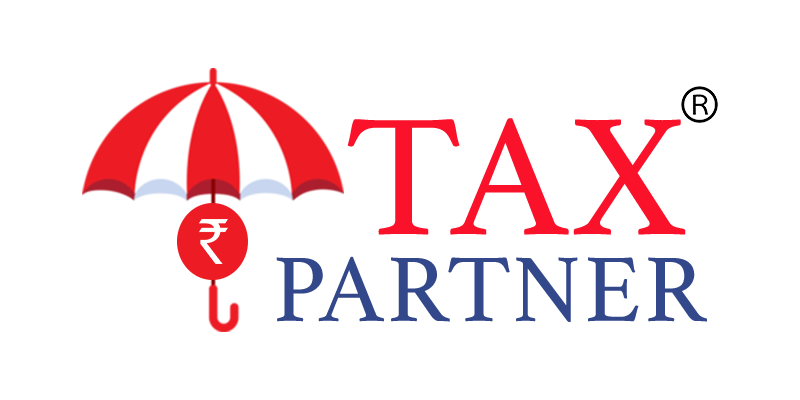As the name suggests, it refers to paying a part of your yearly taxes in advance. Advance tax is the income tax payable if your tax liability exceeds Rs 10,000 in a financial year. Advance tax should be paid in the year in which the income is received. Hence, it is also known as the ‘pay-as-you-earn’ scheme.
Advance tax is applicable when an individual has sources of income other than his/her salary. For instance, if one is earning through capital gains, interest on investments, lottery, house property or business, the concept becomes relevant.
Any rebate due fetches you an interest of 0.5% every month, or, 6% annually, as in the case of an income tax refund. However, if you don’t pay the advance tax on time, you’ll be charged 1% every month, or, 12% a year.
Who should file it?
If you are salaried, you need not pay advance tax as your employer deducts tax at source (TDS). However, you still need to file it if you have other sources of income, increasing your liability to more than Rs 10,000. Professionals (self-employed) and businessmen will have to pay taxes in advance as, given their business income, the liability can be huge. The same goes for companies and corporate.
When to file advance tax?
Advance tax or self-assessment taxes have to be paid on the 15th of September, December and March, in installments of 30%, 30% and 40%, respectively, for non-corporate. Corporate need to pay it on the 15th of June, September, December and March.
While employers deduct TDS on salaries, advance tax is paid on income that has not been subjected to TDS.
How to file it?
You can pay advance tax using the tax payment challan at the bank branches empanelled with the Income Tax (I-T) department. It can be deposited with the Reserve Bank of India, State Bank of India, ICICI Bank, HDFC Bank, Indian Overseas Bank, Indian Bank, and other authorized banks. There are 926 branches in India that can accept advance tax payments. You could also pay it online through the I-T department or the National Securities Depository site.
